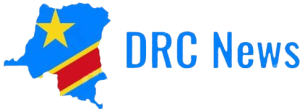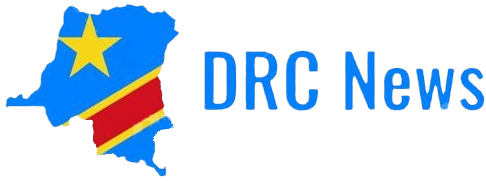Born of a Jamaican father and an Indian mother, Kamala Harris catapulted to one of the second most powerful positions – US Vice-President – in the world in 2020. The United States of America is undoubtedly a superpower and its way of embracing diversity may not be perfect, but it is admittedly encouraging.
Vice-President Harris is second only to former US President Barrack Obama to work in the top two most powerful offices at the White House carrying the label of an immigrant’s child from minority groups who have been marginalized for years on end. In addition, she is the first woman to score that feat. That’s huge especially for a country that less than 60 years ago did not allow women to vote.
For Vice-President Harris, both her parents were immigrants who at the time of their arrival would never have imagined their child will occupy such an important office one day. Many moons later, one of the world’s leading democracies continues to show us the way.
The United States demonstrates that its not the color of the skin, neither the tribe you were born in, nor the ethnicity you are identified with that defines who assumes leadership roles in any given setting.
A young democracy like Zambia should envy such a record especially after coming off one of its most divisive elections that ultimately produced President Hakainde Hichilema as its seventh leader in 2021.
Zambians can, therefore, pat themselves on the back and display their democratic accolades. We have transitioned peacefully from one leader to another in the 33 years.
We proudly changed from Dr. Kenneth Kaunda to Frederick Chiluba at the dawn of multiparty politics in October 1991. From Dr. Chiluba, we moved onto Dr. Levy Patrick Mwanawasa, then onto Rupiah Bwezani Banda and Michael Chilufya Sata. From president Sata to Edgar Chagwa Lungu and now President Hichilema. This is indeed a record worth admiration. But the Democratic Republic of Congo, a neighbour we share the longest border with, is not doing well with her democratic credentials.
President Felix Tshisekedi is believed to have assumed office through a deal struck with former president Joseph Kabila. Both the international community and the local population believe the election was not won through the ballot and French President Emmanuel Macron hinted at this.
What is concerning in the DRC is the continued war in the east where millions of people have died as a result of rebels causing havoc. But there are fears that the situation may degenerate if the election is not inclusive, free, fair and credible.
Talking of inclusivity, the DRC National Assembly has admitted for discussion and possible vote a bill that seeks to become a law that will restrict Congolese candidates seeking presidential office to those with both parents that are originally from Congo. Such a law will resonate with Vice-President Harris. If it existed in the USA, she would not be occupying her position today.
Observers in the DRC say the law is targeted at opposition leader Moise Katumbi, a mixed race Congolese, whose father is Jewish-Greek. His opponents allege that his mother was Zambian and one of his sons is an MP here. Both allegations are false.
Zambians are also familiar with such machinations. Dr. Kaunda could have made a come-back to politics in 1996 but a parentage law introduced by Chiluba and the MMD government eliminated him from the race to contest the presidency.
That law came to haunt Zambians when Sata died and his deputy Guy Scott could not contest the election on account of a law he regrettably may have helped create.
For us in Zambia, a semblance of democracy has still prevailed over the years. But seeing the Congo bleed and tension rise all because certain individuals may want to keep people does not keep us at peace. After all, we are sandwiched by two restless neigbhours – DRC and Zimbabwe – whose lack of democracy and possible instability will affect us one way or the other.
This is why going by the investment the US pours into the DRC, it must play a significant role to help that country’s leadership avoid comprising the electoral process through a clearly devisive legislation that is fueling tension.
It’s our hope that Vice-President Harris will send a strong message to the leaders of these two countries against circumventing the will of the people.
CREDIT: The Mast-Zambia


